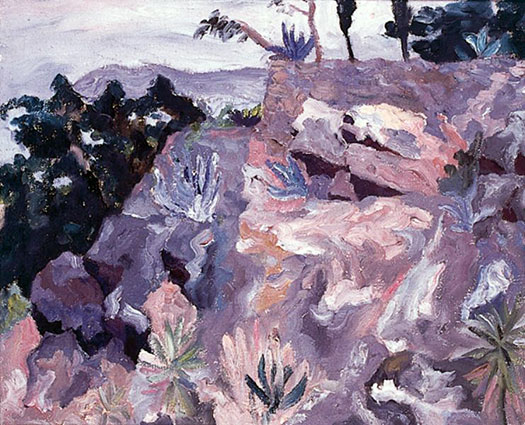mistaken identity

I have often wondered why there is such a feeling of desolation in English cafés. Perhaps it comes from their desolate social relationships. Every place where the English gather to chat to one another exudes melancholy. Indeed, nothing in the world is sadder than an English conversation, in which everyone is careful to keep to superficialities and never touch on anything essential. In order not to offend your neighbor, not to violate his privacy – which is sacred – an English conversation revolves around subjects that are extremely boring for everyone concerned, but in which there is no danger.
I’m not quite sure why I put every book I could find by Natalia Ginzburg on hold at the library. Nor do I know what I was expecting to find, as I can’t recall any recent article or review or passing mention to spur my interest. (Of course I am perhaps forgetting the copy of Yevgenia Ginzburg’s Journey into the Whirlwind picked up at the library book sale.) The copy of The Little Virtues was pleasing: well read, but not abused – no ignominious marginalia. It is comforting to come across a library book like this, to feel in the company of other silent, nameless readers. It helped, of course, that the essays charmed: I did not find them ‘whiny’; rather, they captured the same sort of brutal melancholy one finds in Carlo Levi’s Christ Stopped at Eboli (a thrift store staple) or Nadezhda Mandelstam’s Hope Against Hope – for obvious reasons, I suppose.1 Ginzburg’s essays are neat, but not facile, and explore tender areas, for especially for those ‘who staggered from laziness to frantic activity and back again, wasted our time trying to decide whether we were lazy or industrious’ (15). A fortuitous accident, then, in requesting them.
- I am of course leaving something out in not discussing the politics involved – it is a willful omission. [↩]
